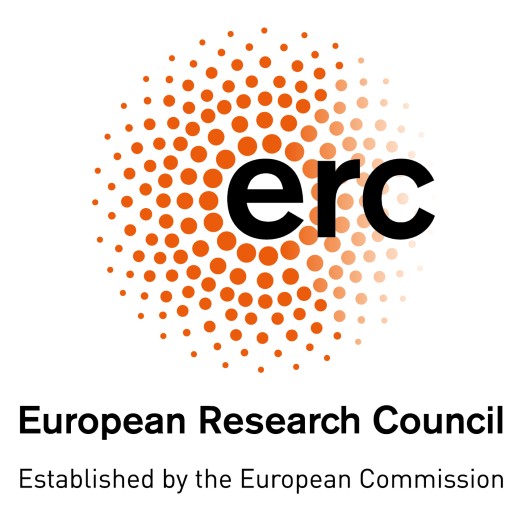Research background
The reasons behind diseases are unique for each individual. Therefore, also the treatment is most efficient when it is tailored for each patient. Furthermore, often diseases could be prevented by lifestyle choices or preventive care if the risks are acknowledged well beforehand.
However, the development of diseases is complex and affected by multiple factors. In this project, we aim to understand these complex relationships behind disease outcomes and predict diseases from registry data.
The findings of this study can provide a good starting point for targeted studies that are needed for the development of clinical practices for preventive and personalized health care.
To reveal complex relationships and predict diseases, we will build statistical and machine learning models that utilize data from different aspects of individuals’ life. Machine learning is an application of Artificial Intelligence where computers learn from a given data to perform tasks without explicitly programmed instructions.
Prediction is one example of tasks that machine learning methods can be used for. Machine learning methods can handle a lot of different kinds of information at the same time and thus new findings can be made that would not be possible with traditional research methods.
Therefore, our research data includes a vast amount of health data and other supporting information about individuals’ medications, relatives, births and deaths, marriage history, living history, education, job occupation, and income support.
For machine learning models to work, we need that data from millions of individuals, covering nearly the whole Finnish population. This is possible by using nation-wide Finnish registries, that have been already used for research for decades.






